Meet Me in the Bathroom, based on the 2017 oral history by author Lizzy Goodman, is a breathless reminiscence and recollection of the Brooklyn music scene in the early aughts. There is too much stone skipping to really delve into what was going on even, though it eventually hunkers down to highlighting two bands: the Strokes and the Yeah Yeah Yeahs. It’s fantastic how much archival footage the filmmakers managed to find of the scene’s early days—it gives you a strong sense of being in the moment.
The documentary starts with a calm, almost tranquil feel of roadside footage as the various bands travel the country, with relatively soft music playing underneath, as if directors Will Lovelace and Dylan Southern were either mimicking the monotony of touring or emphasizing the calm before moving on to New York City. Once we hit the city proper, the film becomes a maelstrom of images before settling down on the first profiled band, the Moldy Peaches. A duo started by a young Adam Green and his babysitter, Kimya Dawson, the band fell into an avant-garde Manhattan scene dubbed anti-folk. Here, they are mostly important as an introduction to the main attraction, the Strokes, and are mostly shunted aside. However, anti-folk is a genre and movement that deserves its own documentary. It gets about 10 minutes of screen time here. Later, the focus moves onto James Murphy of LCD Soundsystem and DFA, the record label he co-founded. The filmmakers devote a bit more time to him, and he too deserves his own film.
In its attempt to give you a “you are there” feeling, the rush of youthful abandon, the film doesn’t really probe any more deeply than your average Behind the Music episode, though the editing here is far more creative and kinetic and less reliant on talking heads. And in focusing on the Strokes, and particularly lead singer Julian Casablancas, we run into a pretty big issue: Casablancas has no real interest in talking. He is a quiet, shy, withdrawn person who consistently evades anything remotely close to a deep question in the contemporaneous interviews. The Yeah Yeah Yeahs have a trajectory that is also similar to the Strokes: Lead singer Karen O begins to feel expectations to outdo herself and ends up in a self-destructive spiral. She is far more articulate than Casablancas and, again, if the film had mainly concentrated on these two bands, it might have felt more thematically coherent and less disjointed.
What Meet Me in the Bathroom gets right is the excitement of the birth of a new scene, particularly one started by artists who consider themselves outsiders. Watching the joy of these young people find purpose and a sense of place is joyous to watch, and these bands run from the good to very, very good, and all of them are fierce live performers. For a fan of music, that alone would be the worth the price of admission.

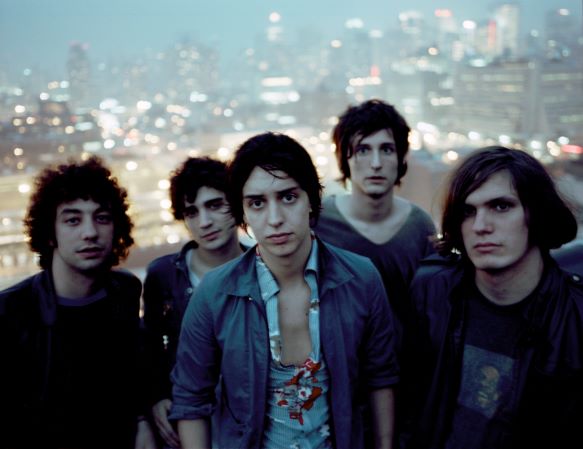
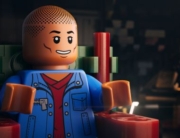
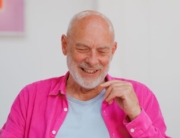
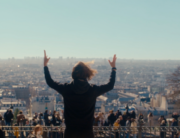

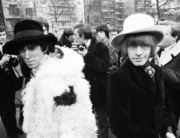
Leave A Comment